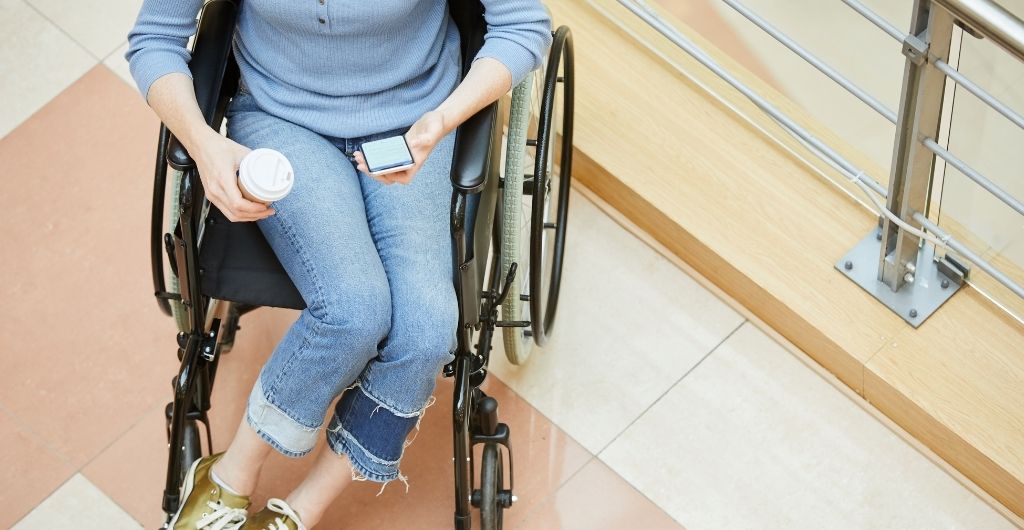
Musculoskeletal (MSK) injuries have been quoted to account for 30% of GP visits and equate to the third largest area of NHS spending. Such injuries can affect patients across the entirety of their life-course and significantly limit mobility and dexterity leading to early retirement from work, reduced accumulated wealth and reduced ability to participate in social roles and contribute to the economy.
However, access to the appropriate MSK services are often inadequate and costly for both patient and provider. Demand currently outweighs the supply capability of MSK healthcare services both in the UK and globally. There is therefore a mounting need for new technologies to handle large volumes of MSK data to allow more objective diagnostic and treatment decisions.
In an attempt to address this, health-tech and digital health services are becoming increasingly used in the delivery of health care services. This rapidly growing trend of online health service has resulted in increased patient care, monitoring and accessibility and is now used throughout many areas of medicine and surgery . There is a growing movement within the world of healthcare towards the incorporation of telehealth and e-diagnosis and we are in the mists of a global a shift towards more remote patient interactions as well as increased remote patient monitoring.
This digital transition has been accelerated following COVID, healthcare providers have rapidly needed to meet the changing needs of patients through remote health care services. Throughout the pandemic (and I estimate for a long time after), digital health and health-tech have alleviated the burdens on the healthcare system and enabled health care to be delivered in circumstances where it otherwise might not have been possible to do so.
Despite this digital health tech revolution, the MSK patient population is yet to experience a sufficient transition to online healthcare services. This can be considered as a result of the commonly non-fatal nature of MSK injuries and the subsequently somewhat trivialised nature of MSK conditions. Consequently, the MSK patient population suffers from a distinct lack of digital health service options and are therefore not receiving care equal to that of other patient groups.
MSK patient’s experience several barriers regarding access to appropriate health care services, this can in part be attributed to the immobilising nature of the conditions themselves. Using digital solutions to remove access barriers would encourage and facilitate patients to seek support for both chronic and acute MSK injuries and would enable the disparity between the demand of musculoskeletal patients and current service capability to be reduced.
A remote and digital service offering MSK healthcare equal to that of the current standard would not only remove these barriers but also improve MSK healthcare and provide a far more accessible, affordable and obtainable service to those limited by their socioeconomic and geographical environments. Looking beyond the UK, in some cases it may provide the only feasible solution in an environment where these injuries currently go untreated.
Digital health technology and online services are providing solutions in many areas of medicine and COVID has exemplified this need. However, MSK patients are yet to be offered a digital solution equal to those offered elsewhere. This has resulted in a growing inequity in our current healthcare system. More emphasis must be placed on digitising the way MSK conditions are addressed. As we age, the risk of MSK conditions rises and as the ever-increasing demands of our ageing population continue to grow, the ability to monitor patient data and deliver care remotely has never been so important.
Written by: Charles Taylor – BMedSci, CMO & Co-founder of Sina Medical Tech











